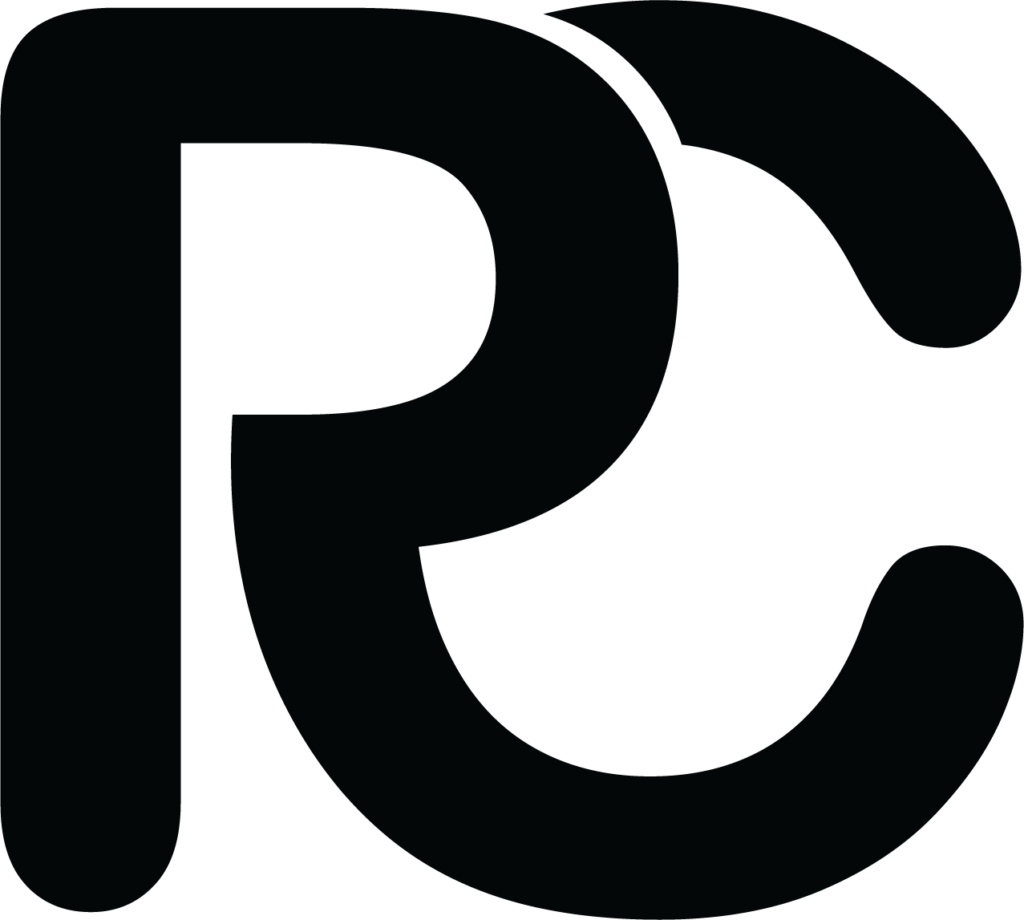Social media has fundamentally reshaped how we communicate, transforming the digital landscape into a fast-paced, dynamic, and interconnected space. From personal conversations to professional interactions, platforms like Facebook, Instagram, Twitter, and LinkedIn have become essential tools for sharing information, building relationships, and promoting brands. Let’s explore the impact of social media on modern communication, how it has changed our habits, and its significance across different aspects of life.
The Shift to Digital Communication
Before social media, communication was mostly limited to face-to-face interactions, phone calls, or written correspondence. Social media has revolutionized these traditional methods, enabling real-time, instant sharing of information across the globe. Unlike traditional media, where dissemination often took time, social media ensures that news and updates reach audiences almost instantly. This shift has made communication more accessible, breaking down geographical barriers and creating a truly global community. Moreover, it encourages interactive, two-way communication, allowing users to engage directly with content, share feedback, and participate in discussions.
Impact on Personal Communication
On a personal level, social media has significantly impacted how we stay connected with friends and family. It offers an easy way to maintain relationships despite physical distance, with platforms like Facebook and WhatsApp allowing instant communication and sharing of life updates. Social media also provides a space for self-expression; people can voice their opinions, share experiences, and showcase their talents. This democratization of content creation has given rise to “micro-influencers” and everyday users who can gain substantial followings. However, the pressure to present an idealized version of oneself online can sometimes lead to issues related to self-esteem and mental health.
Business Communication and Marketing
For businesses, social media serves not only as a communication tool but also as a powerful marketing platform. It allows companies to build brand awareness, engage directly with customers, and reach new audiences cost-effectively. Through engaging content, brands can establish a strong online presence and foster customer loyalty. Additionally, social media offers advanced advertising options that enable businesses to target specific demographics and interests, making marketing efforts more effective. Influencer marketing has also become a popular strategy, as partnering with social media personalities can help brands connect with niche audiences.
Source of News and Information
Social media has become a major source of news and information, often replacing traditional outlets for many people. It provides real-time updates on local and global events, offering a platform for citizen journalism and social movements. Hashtags like #BlackLivesMatter and #MeToo have mobilized communities and brought significant social issues to the forefront. However, the rapid spread of information on social media also poses challenges, such as the proliferation of misinformation. Users must be cautious about the credibility of the content they encounter and share.
Professional Networking and Career Development
Platforms such as LinkedIn have changed professional communication, making it easier to network, find job opportunities, and share career-related content. Social media allows professionals to connect with industry peers, build personal brands, and establish credibility by sharing expertise and insights. Companies also leverage these platforms for recruitment, using them to find candidates and promote job openings. However, managing one’s online reputation is crucial, as a negative post or comment can quickly go viral and impact a professional’s image.
Challenges in Social Media Communication
Despite its benefits, social media comes with certain challenges. Privacy concerns are a significant issue, given the amount of personal information shared online. Users must be aware of the risks and take steps to protect their data. Additionally, the impact of social media on mental health cannot be overlooked; the pressure to maintain a “perfect” image can contribute to anxiety or depression. Finally, the potential for misinformation and online harassment requires users to navigate social media carefully and responsibly.
Social media has revolutionized modern digital communication, offering numerous benefits for connecting, sharing, and engaging. While it provides powerful tools for personal and professional interactions, it also presents challenges that require careful consideration. By understanding the evolving role of social media, we can harness its power effectively, making the most of its advantages while being mindful of its limitations. As these platforms continue to develop, staying informed about best practices will be crucial for navigating the digital world successfully.

